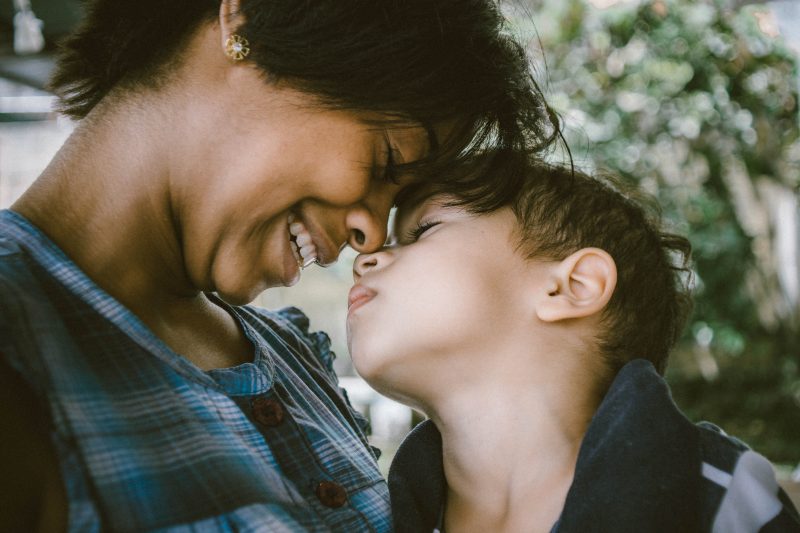Those of you old enough to remember (or young enough to know movie trivia lines) will recall the movie Love Story with Ryan O’Neal and Ali Mc Graw as two college students who fall in love and marry. Then Jenny (Ali McGraw) contracts a fatal disease and dies at age twenty-five. In their last moments together, McGraw says that famous line to O’Neal: “Love means never having to say you’re sorry”. Well, there are a lot of things and times I can think of when that line has not been quite true, but there is one case I can think of that always follows this rule. Parents should never feel sorry about loving their child and standing up for their child’s special learning needs, even if they need help with their child’s behavior, IEP, special education supports, or educational challenges.
An event today beautifully illustrates this point. Earlier, I met with a lovely family of 4 children, mom and dad. All four of the children had some kind of very special learning need(s) and educational challenges. Mom was homeschooling two of the four children because of the schools’ failure to develop IEP’s to meet the children’s specific learning needs. Through behaviors, these two children had, at various points, begun communicating that school was a frustrating, anxiety producing place of academic failure.
Now, Mom felt she knew better. With the youngest child, she was more confident. When he began experiencing similar learning problems and exhibited some concerning behaviors, she met with the school, requested evaluations, and questioned all kinds of issues that did not appear to add up for her young son’s special education and general education learning needs. Yet, the parents knew things were still not as they should be because their child’s progress continued to be minimal to non-existent. At home, the child was showing evidence of higher and higher levels of anxiety and inappropriate behaviors related to school and homework. The added school supports, such as educational evaluations and even a referral to special education, had to be spear headed by the parents. The parents felt that they were experiencing déjà vu reliving the trials and tribulations that had previously occurred with their older two home schooled children.
Mom reached out to me, an educational consultant, for assistance. I reviewed her child’s records, IEP’s and school history. Then, the parents and I met in person to fill in missing information and to clarify their goals for their child. Before our first meeting, I could tell this mom was well informed. She had communicated regularly with others about the needs of her children and kept a copy of all the documents. To address her children’s learning needs, she had sought private tutoring, private evaluations, behavior support and more. I had expected that her need for my help would be minimal. I was wrong.
While these parents were caring, involved, dedicated and informed parents, they were at their wits end. After I reassured the parents about the wonderful job they had done initiating help for their child, reviewed the current records with them and provided suggestions for how they could move forward based on their identified goals, the parents began to apologize to me. They said how sorry they were that they had to reach out to me because they felt overwhelmed and uncertain as to their next steps for their youngest child to support his educational challenges. I could see the pain in their eyes as they shared briefly the heart shattering stories of their other children’s educational challenges, especially the two children mom was now doing her best to home school.
I have words of advice to these parents and to all parents out there struggling to make sense of the failure, frustration and anxiety your child faces regularly at school due to educational challenges. Never say you are sorry, ever, for standing up for your child to find answers and appropriate help at school. The school can help. Navigating this support can be a challenging and confusing experience. If you need it, reach out to others to assist you with your child’s behavior, IEP or special education supports. But never, ever, be sorry for standing up for your child’s special learning needs.




